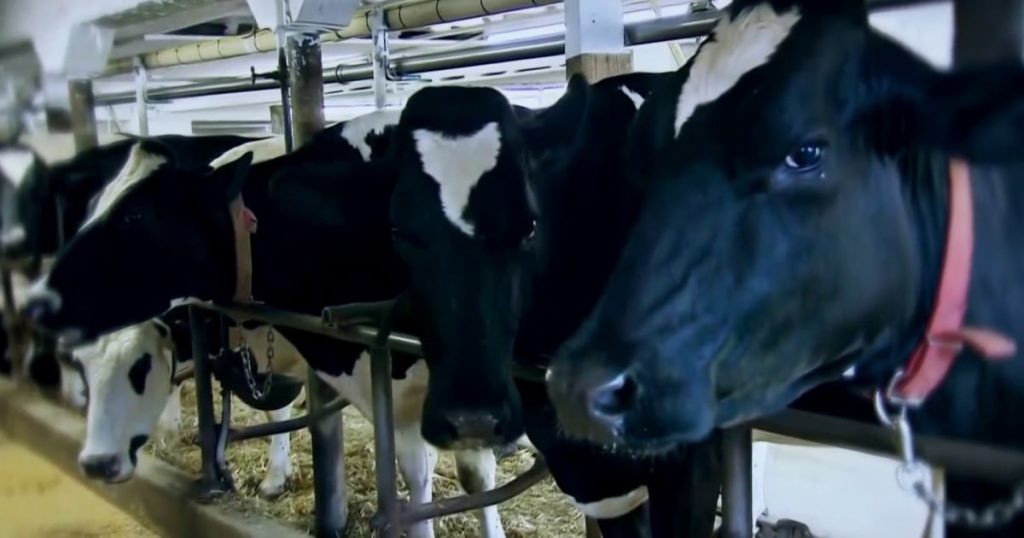The content discusses the impact of climate change on the environment and the need for urgent action to mitigate its effects. It highlights the various ways in which climate change is affecting the planet, including rising temperatures, melting ice caps, and extreme weather events. The content emphasizes the importance of reducing greenhouse gas emissions through sustainable practices and investing in renewable energy sources.
Furthermore, the content discusses the role of individuals and governments in addressing climate change. It stresses the need for collective action to reduce carbon emissions and transition to a low-carbon economy. Government policies play a crucial role in setting targets for emissions reduction and incentivizing businesses to adopt more sustainable practices. Individuals can also make a difference by reducing their carbon footprint through actions such as using public transportation, conserving energy, and supporting green initiatives.
Moreover, the content highlights the importance of international cooperation in tackling climate change. It discusses the significance of agreements like the Paris Agreement in uniting countries around the world to commit to reducing emissions and limiting global warming. International collaboration is essential in addressing the transboundary nature of climate change and ensuring that all countries take responsibility for their environmental impact.
Additionally, the content explores the consequences of inaction on climate change and the potential benefits of investing in climate solutions. It warns of the catastrophic effects of unchecked global warming, including sea-level rise, food insecurity, and natural disasters. However, there are opportunities to create a more sustainable future through investments in clean technologies, green infrastructure, and renewable energy. These solutions not only help mitigate climate change but also create jobs, improve public health, and foster economic growth.
Furthermore, the content addresses the importance of considering social justice and equity in climate action. It discusses how marginalized communities are disproportionately affected by the impacts of climate change and urges for inclusive policies that prioritize the needs of vulnerable populations. Climate justice requires addressing systemic issues of inequality and ensuring that all individuals have access to clean air, water, and a safe environment.
Finally, the content concludes by emphasizing the need for immediate action to combat climate change. It calls on individuals, businesses, and governments to prioritize sustainability and work together to reduce emissions and protect the planet for future generations. By taking decisive action now, we can mitigate the worst effects of climate change and create a more resilient and equitable world for all.


